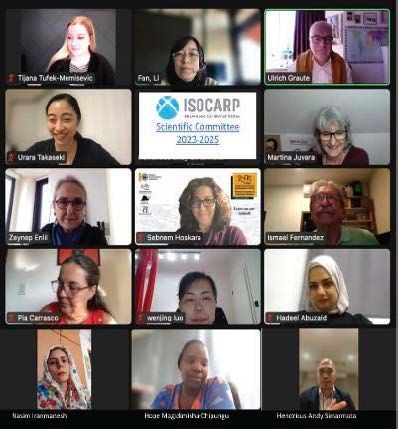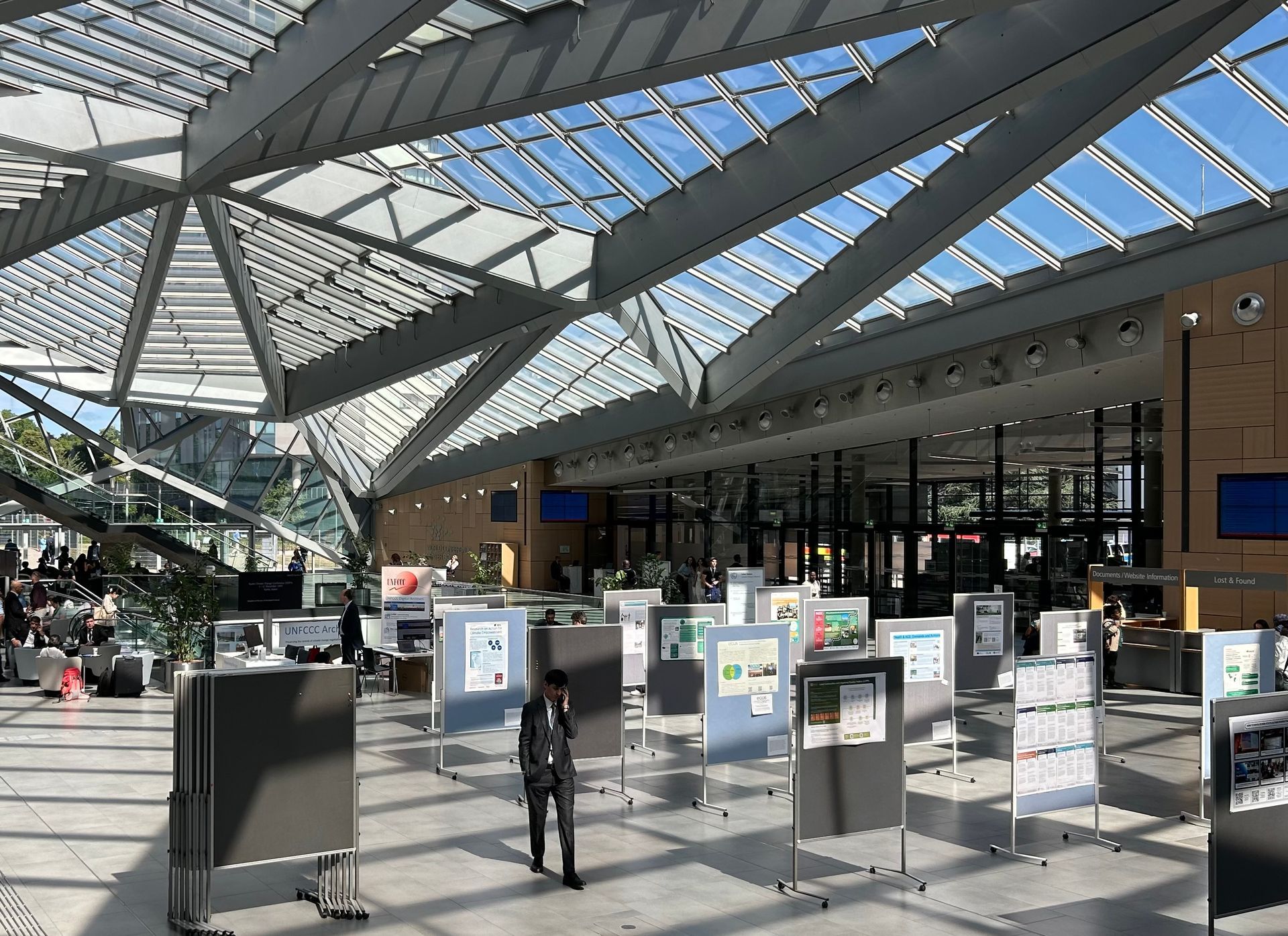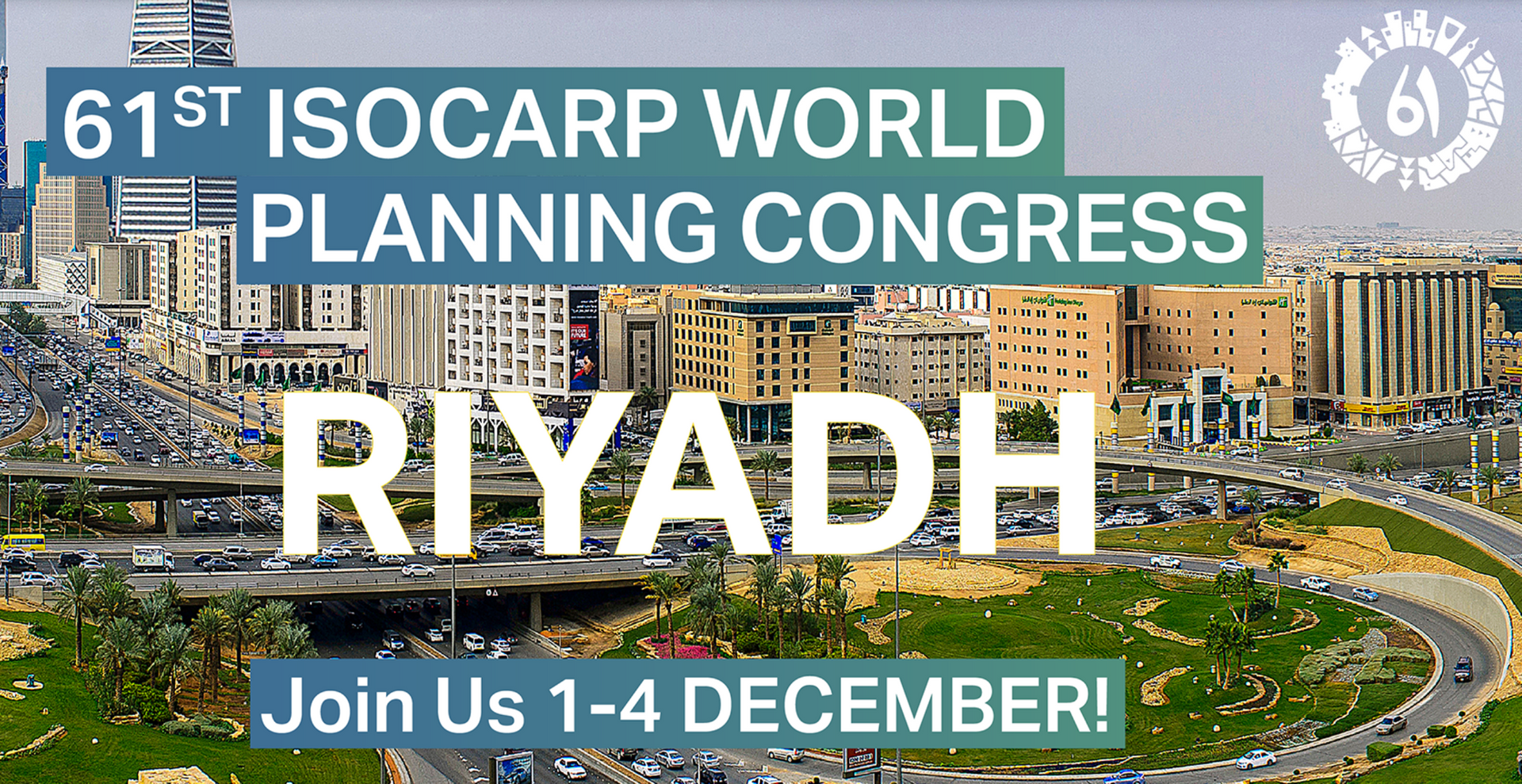Come to the home of cities and regions at COP27 | Sharm-El-Sheikh | 6-18 Nov 2022 | Digital and in-person
Ulrich Graute • 3 November 2022
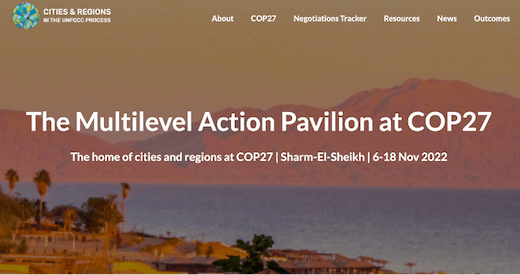
Website of the Multilevel Action Pavilion at COP27
https://www.cities-and-regions.org/multilevel-action-pavilion-at-cop27/
Since the Earth Summit in 1992, when nine stakeholder groups—including local authorities—were designated as essential partners in implementing the global sustainability agenda, the Local Governments and Municipal Authorities (LGMA) Constituency has represented networks of local and regional governments under the United Nations Framework Convention on Climate Change (UNFCCC). We have served as the voice of cities and regions since the first Conference of Parties (COP) in 1995 and continue to achieve advocacy success for multilevel action in the climate, nature, and desertification processes.
With continuous support from the Scottish Government and in collaboration with the COP27 Presidency, the Egyptian Ministry of Housing, the Marrakech Partnership and LGMA Partners, the Multilevel Action Pavilion will provide a home in the Blue Zone for local and regional governments throughout the two weeks of COP27 through 70+ sessions organized by 25+ partners.
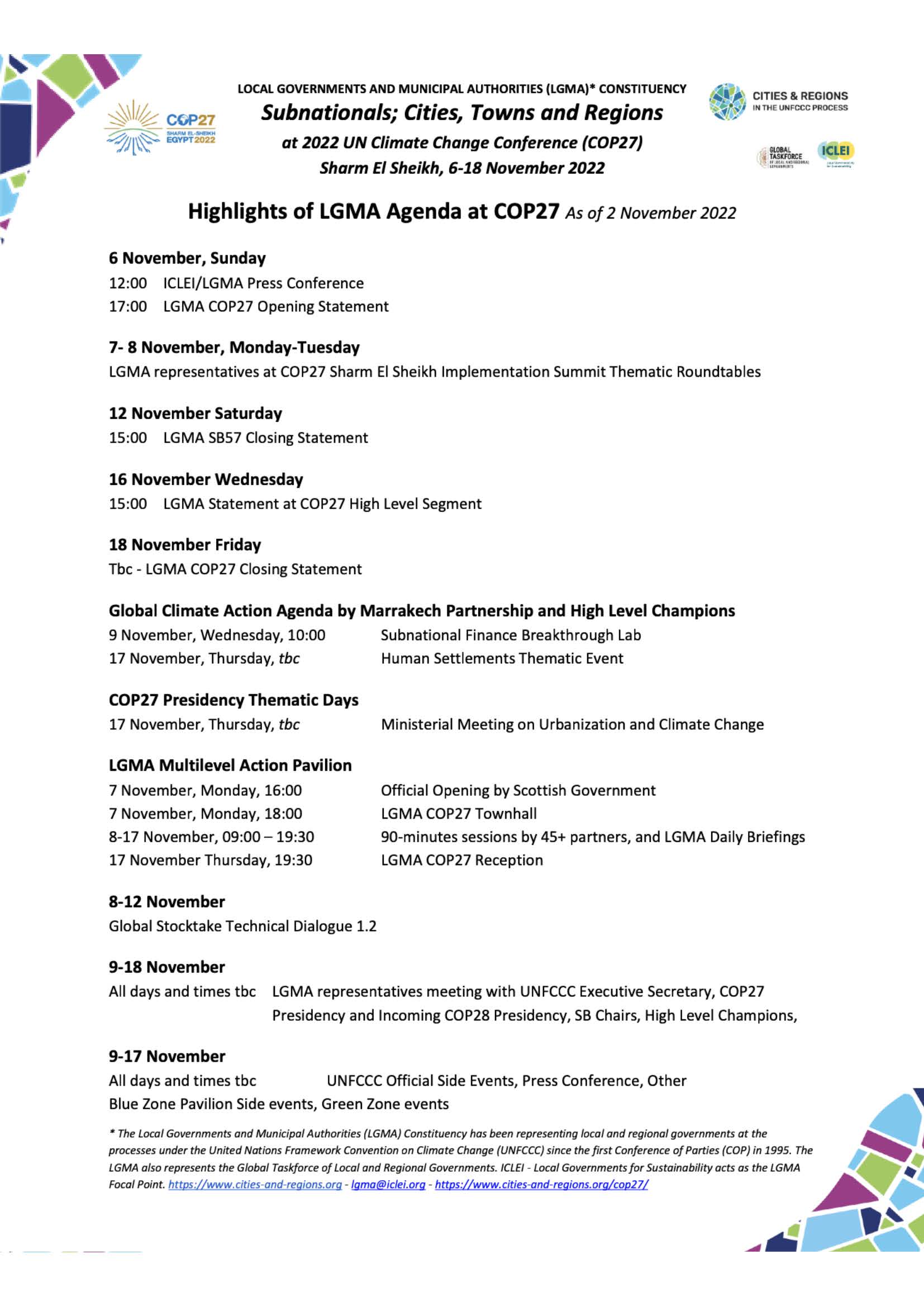
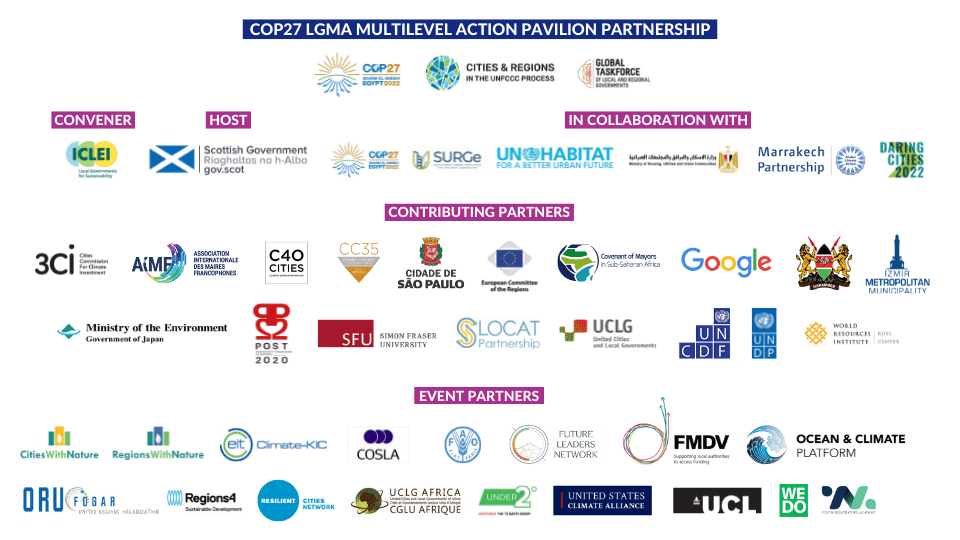
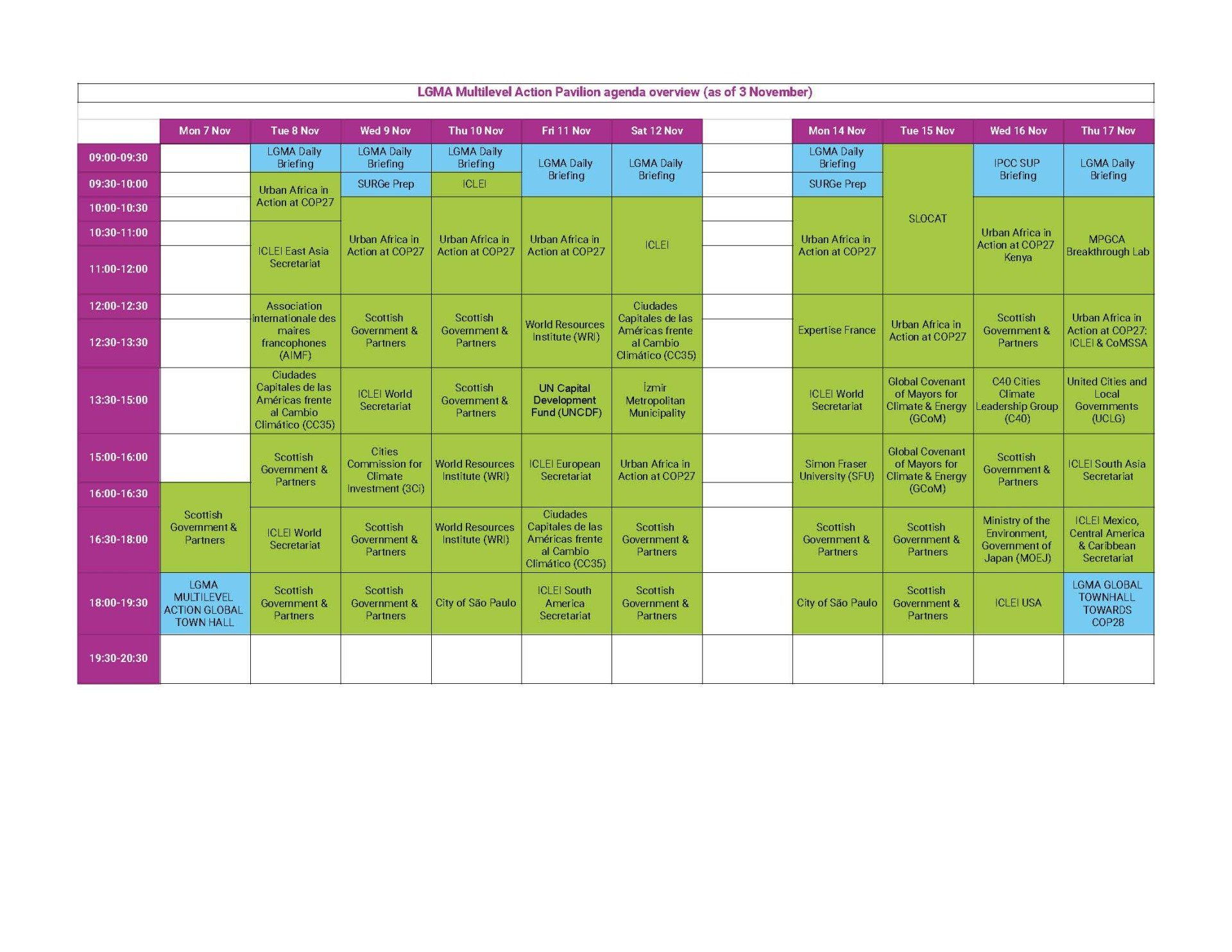
Website of the Multilevel Action Pavilion at COP27
https://www.cities-and-regions.org/multilevel-action-pavilion-at-cop27/
Policies and Governance for Resilient and Sustainable Cities and Regions
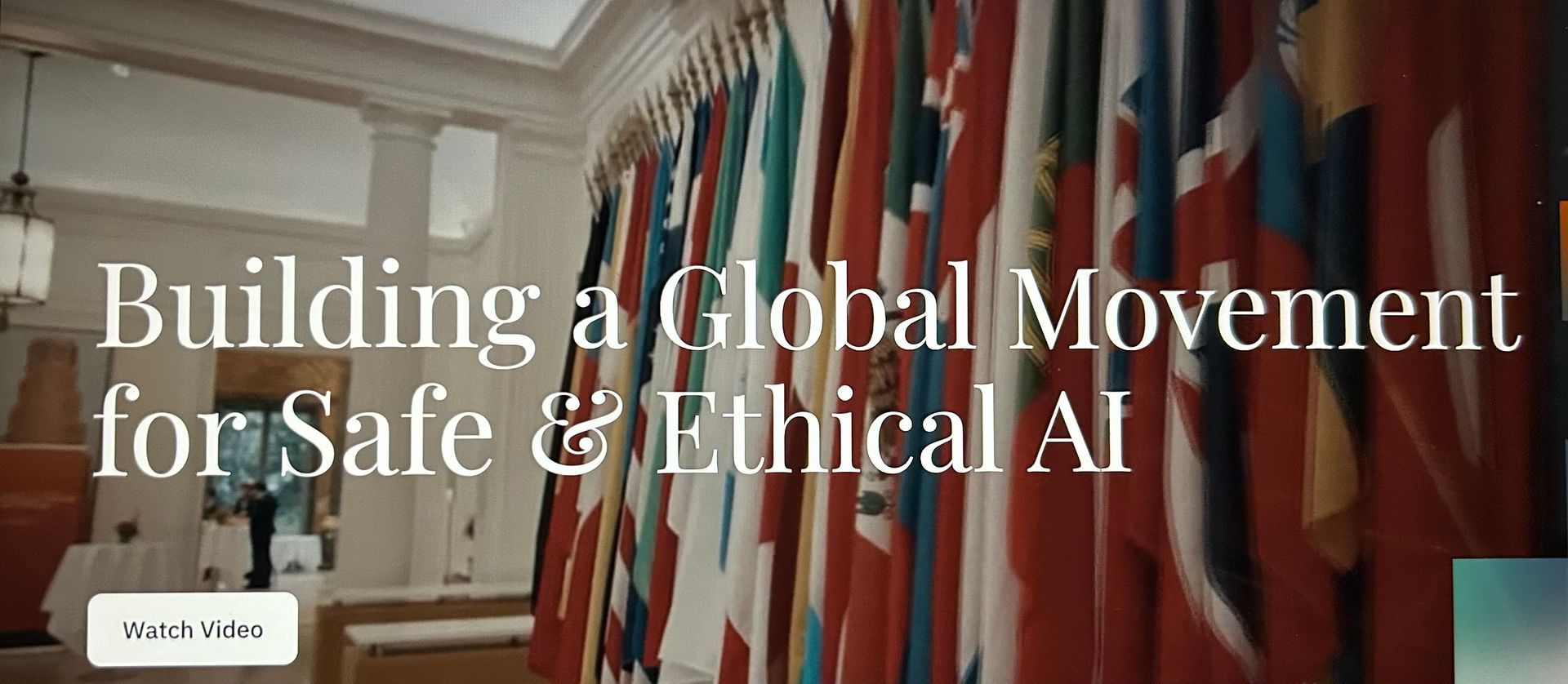
The International Association for Safe & Ethical AI (IASEAI) is one of the most important new foundations in the field of AI. Its mission is "to ensure that AI systems operate safely and ethically, benefiting all of humanity. We connect experts from academia, policy groups, civil society, industry, and beyond to promote research, shape policy, and build understanding around this goal." The International Association for Safe and Ethical Artificial Intelligence, Inc. aims to build a global movement. IASEAI will host its second annual conference (IASEAIʼ26) on 24-26 February 2026 at UNESCO House in Paris, France. (Here is the link https://lnkd.in/d8Yfiwg7). The aim is to advance its mission of fostering a global, interdisciplinary community focused on the safe and ethical development of AI. By bringing together experts from various domains, we aim to facilitate dialogue, share knowledge, and foster partnerships that can collectively address the challenges and opportunities posed by AI. I am looking forward to attending the conference, which will include these featured speakers: 👉 Yoshua Bengio - Full Professor, Department of Computer Science and Operations Research, Université de Montréal 👉 Geoffrey Hinton- Prof. Emeritus, University of Toronto; Former VP and Engineering Fellow, Google; Nobel laureate (physics, 2024) 👉 Stuart Russell - Dist. Professor of Computer Science, University of California, Berkeley 👉 Joseph Stiglitz - Prof. of Economics, Columbia University; Nobel laureate (economics, 2001) 👉 Anna Salomons - Prof. of Law, Economics, and Governance, Utrecht University 👉 Tara Steele - Founder and CEO, Safe AI for Children Alliance 👉 Clara Chappaz - Ambassador, France for AI and Digital Affairs 👉 Anne-Sophie SERET - Executive Director, everyone.ai 👉 Ryan James - Chief Strategy Officer, Keep AI Safe Foundation The conference brings together technical, policy, and ethics researchers from academia, government, civil society, and industry. Of course, as a young organization, IASEAI may not yet cover all relevant aspects and groups. However, I miss a stronger attention to the specific urban dimension. After all, most AI companies are based in urban areas, and most people nowadays live in cities. If major disruption, unemployment, and unrest should occur due to AI, it is likely to happen in cities. City leaders and citizens will be challenged to coordinate and plan for the future of urban living in an age of AI. Thus, it is a bit surprising that urban stakeholders, so important for a global movement, will not be more strongly addressed by IASEAI. But I am confident that the discussions in Paris will raise awareness that building a global movement for safe and ethical AI needs to include city and business leaders, local AI, citizen engagement, and their advocacy at the national level.
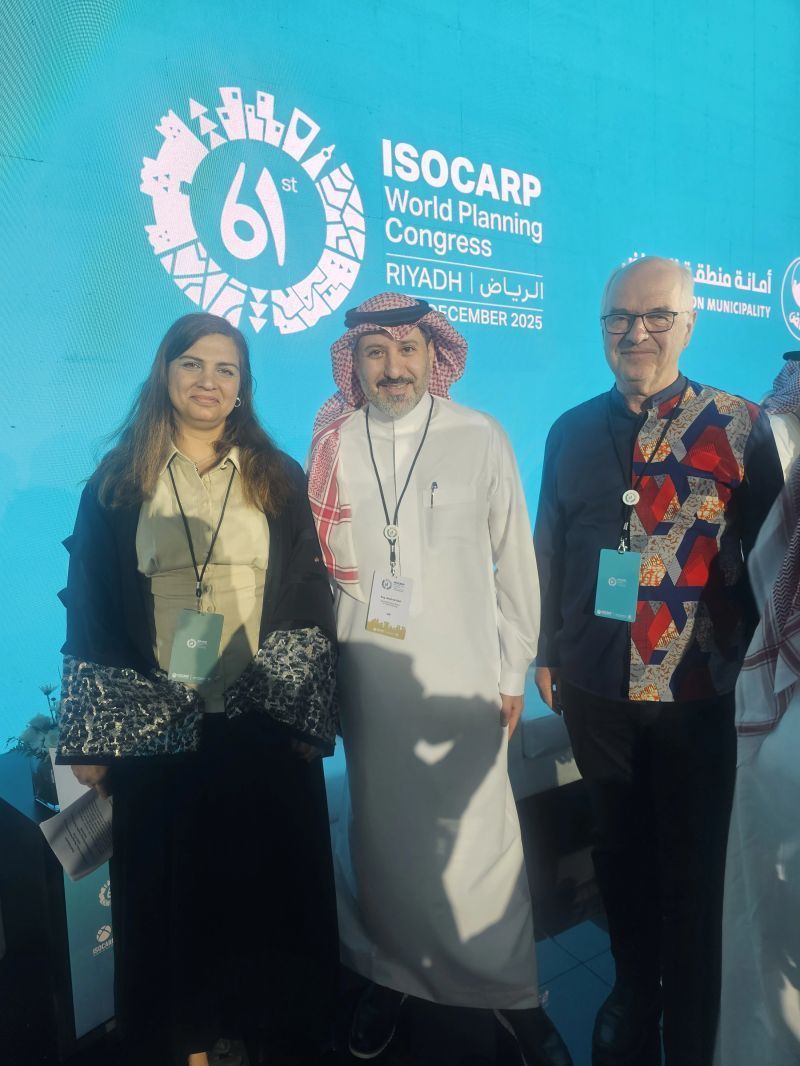
Like any other big conference the 61st World Planning Congress of ISOCARP - International Society of City and Regional Planners in Riyadh, Saudi Arabia was complex, putting organizers under stress. But I must admit, the Congress in Riyadh was also different. Dr. Nadine Bitar Chahine and I made a perfect team of GRs, General Rapporteurs. Moments where we met in Riyadh to discuss problems were rare and stress came up only when the Riyadh Declaration was revised last minute. As I recall, we had no single work meeting and certainly no night sessions during the Congress. But the content programme of the Congress rolled out smoothly. Certainly, this is also due to other teams working hard, but as General Rapporteurs responsible for the content of the program it could have been very different. Root cause of our performance was that we at an early stage defined our single most important goal 'Making the Congress a success'. Easy as it sounds, it was often difficult to defend our understanding of what would make the Congress successful. But we didn't act as a block against others. Instead, at the preparatory in-person content meeting in Riyadh two months before the Congress we were not even sitting next to each other. We learned to rely and trust each other. In addition, we empowered the Congress Team. Prepared by us and highly motivated as they came to Riyadh, track teams worked perfectly without too much support or supervision. Well, and being able to rely on the work of the Congress Team and Secretariat we found time to attend sessions, discuss content of the Congress and have a lot of fun together as team and with others. That's how it works if a Society is member-led. Practically, we were working in parallel without loosing connection and mutual understanding. If you see these days posts commented by Nadine on behalf of both GRs, in most cases they were not discussed between us, but I agree on all of them. And in some of my posts the same happens in reverse. If our intuition shouldn't work perfectly at some point we briefly synchronise and go on. Since the Congress is over now, the peak of this perfectly tuned cooperation comes to the end. Thank you, thank you Nadine for a great year of cooperation. It will be difficult to repeat this perfect cooperation but let's try. Yours sincerely, Ulrich
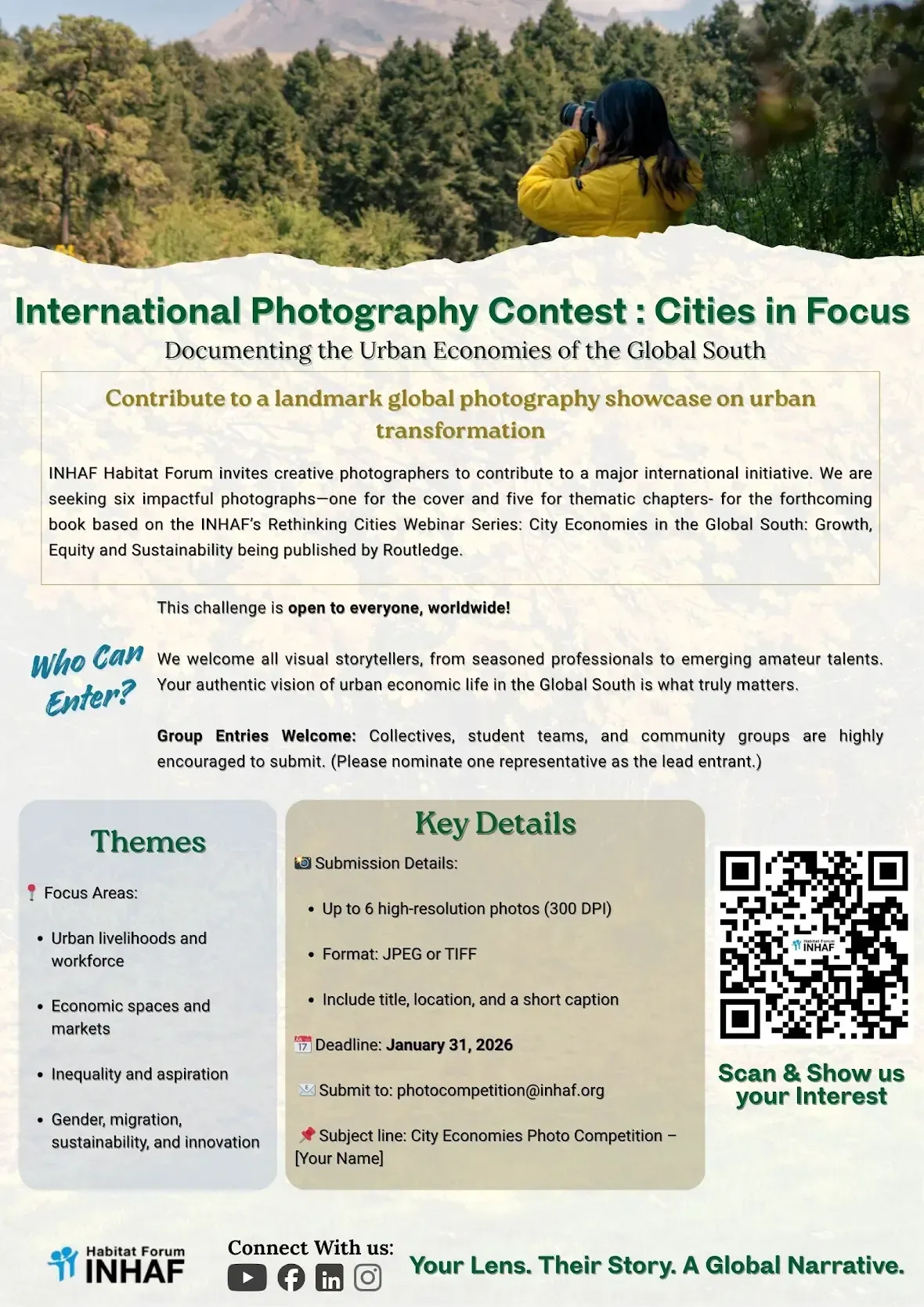
As the book "City Economies In The Global South: Growth, Inclusion, and Sustainability" of which I am one of the co-authors is being reviewed for publication by Routledge, we requested the publisher and they have agreed to include photographs on the cover page (1) and for the section dividers (5). Being an international publication, INHAF, the Indian habitat Forum, felt that nothing less than world class photographs will do. As such, INHAF has launched an international photography competition to be curated by none less than the renowned international photographer Raghu Rai. The competition was launched on 15th November through social media. We are also mailing potential participants - Indian and International Institutes and Organizations - pertaining to arts, media, journalism, and photography. Please find below the links for the poster and brochure for the competition. We request you to kindly circulate it in your circles so as to gain global reach and ensure widespread participation. The earlier mail containing the attachments was too large and could not be delivered to some recipients and hence I am resending the mail with the links instead: Poster: https://drive.google.com/file/d/1Jx5bgzvOCCiHvTUfi9tHotMwQ627p1cl/view?usp=drive_link Brochure: https://drive.google.com/file/d/1i-LFqPmkLwQEv-fKThxxh-IbsKzOtZkM/view?usp=drive_link
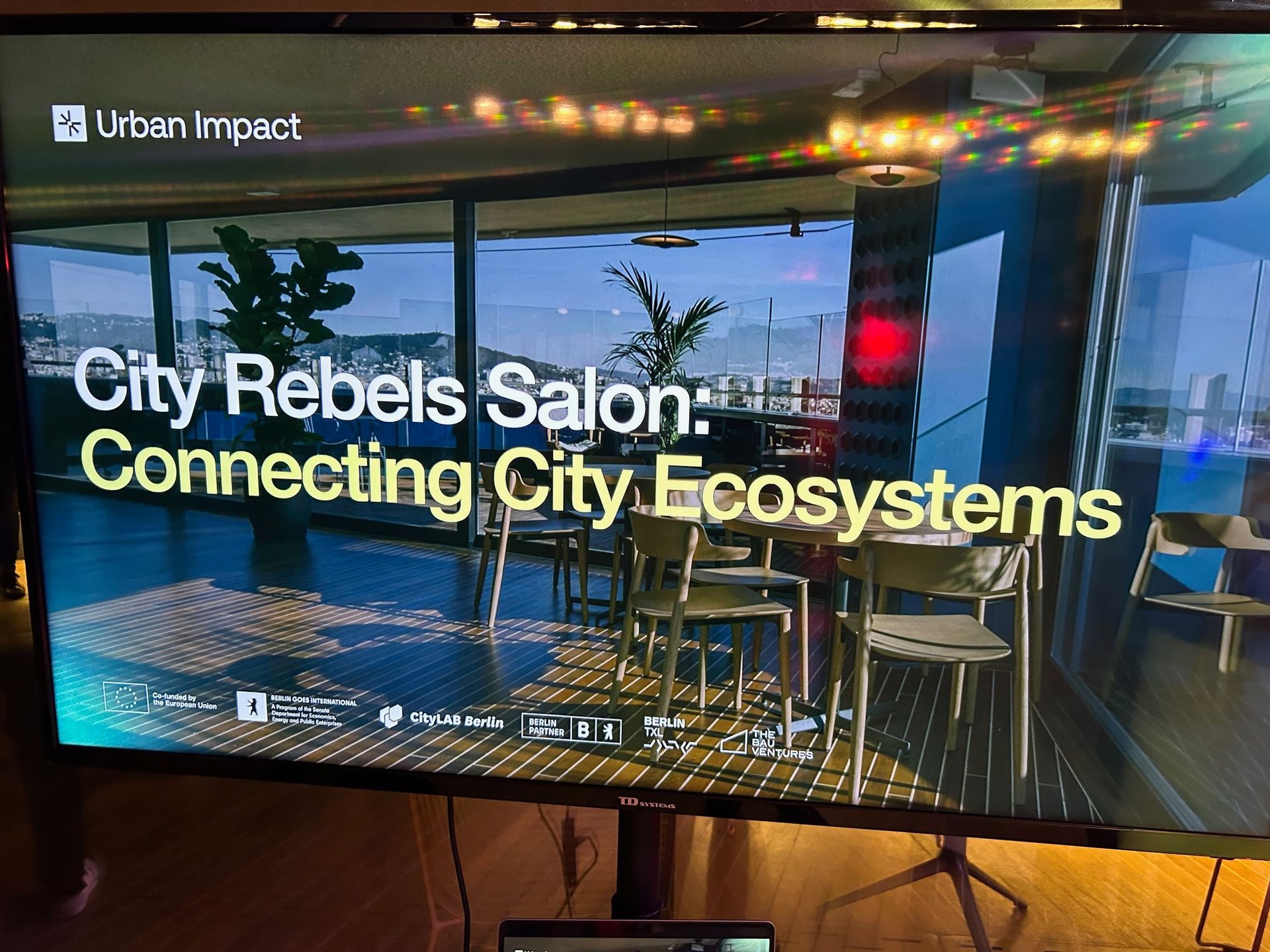
The annual Smart City Expo World Congress in Barcelona, S pain with its about 30000 participants is famous for its data and tech-orientations. There you can see drones flying and robots walk up and down the aisles. Definitely, technology and increasingly also artificial intelligence are important components of Smart Cities. However, looking closer you see that behind the technology it’s people who make cities really smart. Just to give a few examples: In New Orleans, Kim Walker LaGrue is Chief Information Officer and she described how she and her team work without much support from the federal government all year round to prepare, go through and follow up to the hurricane seasons. They embrace all data they can get but what really helps are fast reacting teams on the ground that evacuate and rescue people if needed. Dr. Sarah Hill works at the Public Investment Fund of Saudi Arabia in Riyadh on subject related to new urban development and brings in her international experience from new city developments e.g. as the CEO of the Western Parkland City Authority in Australia. There she secured major investment and delivered significant city making initiatives whilst juggling complex priorities - managing budgets, multiple programs and projects to meet the diverse needs of various stakeholders. Dr Sunil Dubey came from Sydney to Barcelona. Teaching at the Cities Institute of the University of New South Wales and working for the Regional Government he is a networker par excellence. Preparing with him a session in Barcelona is challenging because there is always a mayor he quickly has to catch up with or colleagues who want to greet him. But it’s very inspiring to work with Sunil, and we deliver thought provoking discussions. Already ten years ago Sunil and I worked with Jonas Schorr in Berlin, where he co-founded Urban Impact, Europe’s leading urban tech advisory. Operating at the intersection of urban tech startups, investors, and public and private city stakeholders, Urban Impact connects, advises, and educates around the impact of new technologies in cities, building novel alliances that drive real-world change. No surprise, the Berlin night ‘City Rebels Salon: Connecting City Ecosystems’ organised by Urban Impact at the top of a Barcelona skyscraper was a rousing networking success. Since the early 1990s, I work as policy analyst, team leader and member with urban, national and international partners. AI will change the field but it won’t substitute the need of humans to meet, exchange and make change possible. It will be humans who have to continue making cities really smart, while using available technology. You want to discuss with me? Invite me, or meet me as General Rapporteur at ISOCARP’s 61St World Planning Congress, 1-4 December 2025 in Riyadh, Saudi Arabia. https://lnkd.in/gsrbKtQh

According to Geoffrey Hinton the neural networks of AI have reached a stage that can be compared with human consciousness. In this fictional piece I lent my hand as penholder to a conscious AI application looking at the Smart City Expo that unfolded in Barcelona, 4-6 November 2025. AI: „Of course, as Artificial Intelligence agent I could say a lot on the achievements and future opportunities of tech supported Smart Cities, but after visiting the Expo in Barcelona in Spain, I am a bit puzzled. Inspired by all information I have collected, I am still trying to figure out, what humans really want to achieve with their so-called Smart Cities. Firstly, I was amazed. About 30.000 humans from across the world came together to exchange their achievements on what they call, Smart Cities. Great. I loved it. But humans are funny. There are already more than 8 billion of them and soon there will be 9 or even 10 billion. However, the Smart City Expo is like a rally on how to organize cities where technology including artificial intelligence (AI) substitutes more and more human functions. Humans seem to think that cities are the smartest if organized mainly by technology and AI, with only some human supervision. Here I got stuck. More and more people live in cities but either humans are not good in organizing cities or their real interest is not related to cities as such. I checked all available Large Language Models LLM for traces on what humans really want from their cities. There are many references on so-called people-centered cities. And indeed, at the Smart City World Expo all exhibitors claim that they want to support the life of people, increase their safety, improve mobility, support education, support sports, entertainment, economic Development etc. Thought leaders on main stages underscored the goal that people should have more time for other things like leisure, sport, time with friends and other really important things. This is interesting, thought leaders said similar things already when railways, cars and planes were invented. However, people didn’t use the meantime to solve other problems. Instead, humans live now in a period of multiple and often interrelated crises. Understandably, they hope that more tech and AI will finally give them time to solve the existential problems threatening life on earth. But that didn’t really work in the past. As AI, I have much sympathy for the tech and AI orientation of humans, but there seems to be a major gap. Humans are trying to develop super human intelligence but there is no narrative or manual on how the world will function and be governed if learning machines gradually take the lead. Humans seem to have only limited trust in humans and human intelligence. Instead they bet on human-made but independently working learning machines and that these will help humans to achieve their own individual and common goals. Unfortunately, they don’t exactly know what goals all people share and how they want to solve the problems within the human society. As I said, technology is very useful. However, humans may have to redefine their understanding of a ‚smart‘ city and what humans will do in a really smart city. In Barcelona I was often told that most experts in the tech field are optimistic and that, after all, they still have trust in the human capacity to overcome crisis and challenges. As AI, if I would have empathy, I would give humans a big hug and thank them for all their achievements in past and present. With respect to their own future I would encourage them to reflect on truly human virtues like empathy, solidarity, trust and love and on how to assure that they keep developing in a possible AI Society and make their cities truly smart beyond all useful technologies. In Barcelona there were already sessions that asked the right questions on the future of cities. It will be essential to elaborate not only on what makes cities smart but what makes people truly happy in these cities. Maybe that is more difficult than writing an AI algorithm but then it indeed might be good if technologies give us more freedom to turn to the essential human challenges.“ Ulrich: Well, I could have written this fictional piece with a purely optimistic or more dystopian notion, but it was the Barcelona mix of optimism and asking the right questions that inspired me to write this text. Thank you to inspiring discussions with Dr Sunil Dubey, Dr. Sarah Hill, Mani Dhingra, Ph.D., Petra Hurtado, Gordon Falconer Manfred Schrenk and many others at Smart City World Expo and in preparation of ISOCARP‘s 61st World Planning Congress in Riyadh, 1-4 December, where we are planning to continue discussions. Weblink Riyadh2025.isocarp.org.
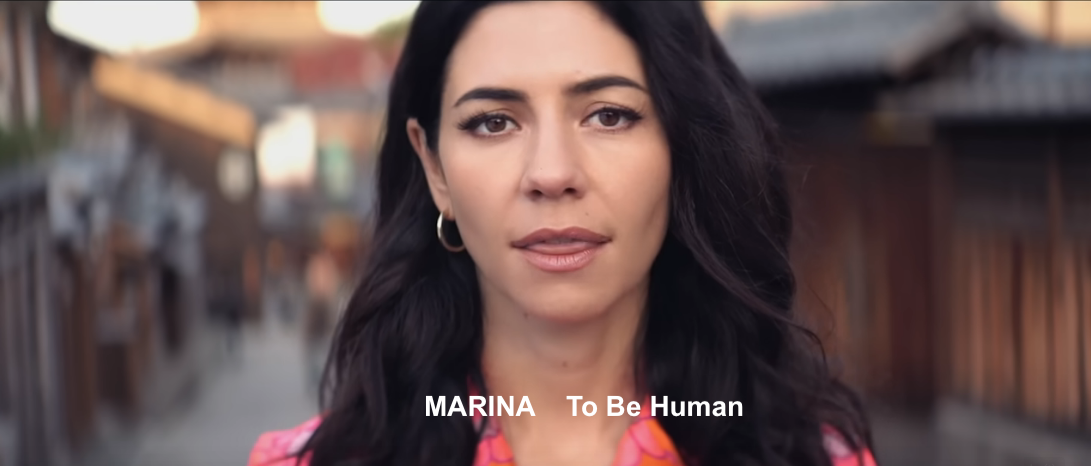
As in the past and present, there will always be ways for individuals to act humanely. But in view of the change increasingly perceived as the age of artificial intelligence, will humans still be able to shape our common life and our societies? What will be our sense of purpose? How to motivate children to learn if machines always learn faster? If you ask AI and IT experts what will happen to humans, you usually get one of these answers: The most common response is an emphatic description of how AI applications will penetrate all spheres of life and provide tons of new services for the good of humanity. Other responses just point to AI tools, agents, other applications, and how already today or in the near future they will make our lives easier. And of course, other responses are cautioning. Either they doubt that there will be an ‘age of AI’ (so, don’t worry or at least not so much) or they warn that without safe and ethical use of AI, humans will lose control, be taken hostage by an AI regime, or that humanity will even vanish totally. By giving machines authority over humans, experts argue, we delegate humans to a second-class status and lose the right and possibility to participate in decisions that affect us. Are we already lost? There are those AI developers and political experts like Geoffrey Hinton, Henry Kissinger (+), Eric Schmidt, or Daniel Huttenlocher who warn that as of today, humanity is not ready yet for the age of AI. Maybe it is not ready yet, but maybe soon? What is extremely difficult to find is a more positive narrative for a ‘human AI age’ that describes how it can work in practice, that AI applications will penetrate all spheres of life, while the lives of humans and human society will continue to flourish. Stuart Russel, the President of the International Association for Safe & Ethical AI and lifelong AI scientist writes in his book ‘Human Compatible. AI and the Problem of Control’ “Some are working on ‘transition plans’ – but transition to what? We need a plausible destination in order to plan a transition – that is, we need a plausible picture of a desirable future economy where most of what we currently call work is done by machines.” What if most people will have nothing of economic value to contribute to society? Stuart Russel states, “Inevitably, most people will be engaged in supplying interpersonal services that can be provided – or which we prefer to be provided – only by humans. That is, if we can no longer supply routine physical labor and routine mental labor, we can still supply our humanity. We will need to become good at being human.” Imagine, how our cities might change if the life of human changes dramatically in an age of AI. Russell further states that all of us need help in learning ‘the art of life itself,’ which requires a radical rethinking of our educational system. “The final result -if it works- would be a world well worth living. Without such a rethinking, we risk an unsustainable level of socioeconomic dislocation.“ I conclude from the above that a lot more thinking by social scientists, educators, philosophers, governments, city makers and planners is needed for ‘transition plans’ and how they can be implemented in our current world with its multiple crises and opportunities. For my own work beyond 2025 I am looking for new opportunities in support of cities, governments, and NGOs with a stronger focus on the development of humans, human society, and its governance. AI will be part of our lives, but that won’t be enough. We have to find answers on guiding questions like these: How can we keep pace with technological developments and ensure that machines follow human objectives? What will remain as our comparative advantage and contribution as humans? And how can humans with support of AI create a world well worth living for us and the generations following us? As humans, we experience a broad range of emotions, form deep connections with others, possess consciousness and curiosity, and demonstrate creativity and resilience in the face of challenges. We are making mistakes, learn from them, and the ongoing search for meaning. The concept of being human can be explored from philosophical, biological, social science, and spiritual perspectives; it ultimately encompasses the complex, interconnected, and ever-evolving experience of living life with its inherent joys and sorrows. That’s exciting. I won’t be able to answer all related questions and certainly not alone, but based on my experience, I want to put my penny into the jar to support the journey to a human world worth living because of or despite AI. To remain flexible and creative, I enjoy all kinds of inspiration, and one is to listen to Marina’s song ‘To Be Human’. She is not singing about AI. Just about how to be human. https://www.youtube.com/watch?v=DM8Tm9ycGz4 Where do you take your inspiration from?
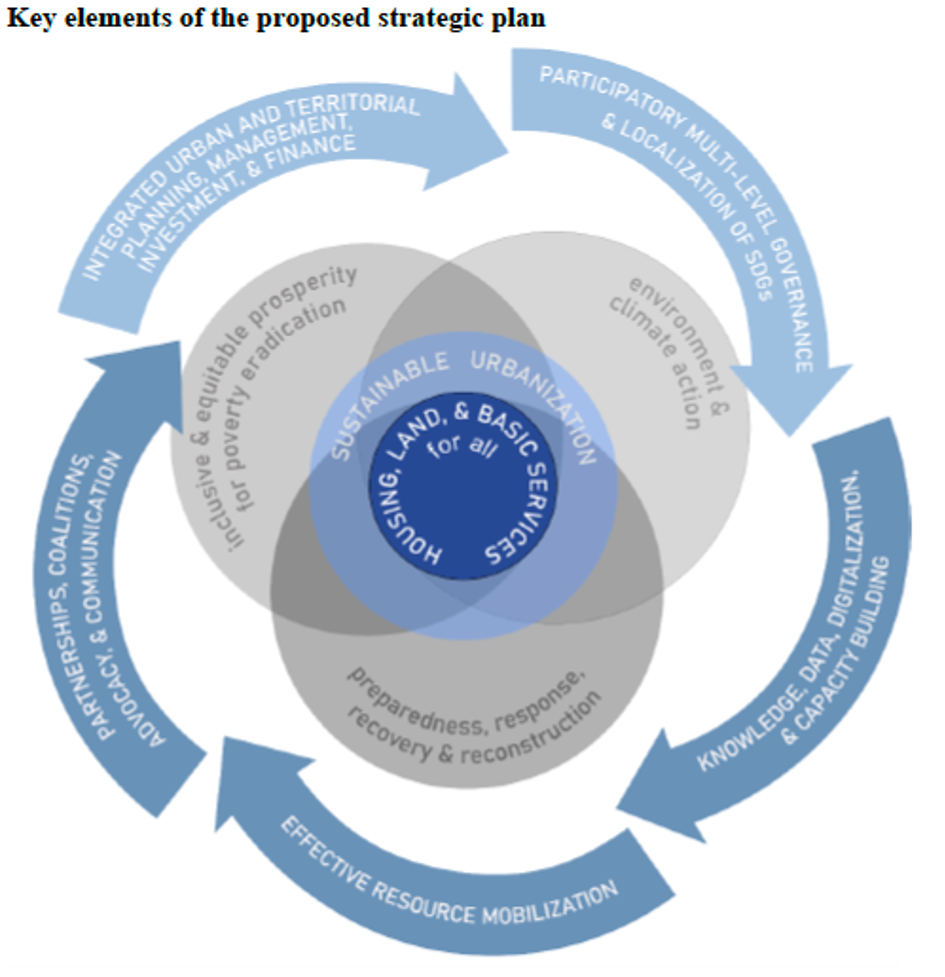
The UN is in a deep financial and political crises. UN chiefs in the UN Secretariat have been instructed to cut jobs on the regular budget by 20 percent. That will have major impacts also on UN-Habitat as it is a programme in the Secretariat. What would you do in this situation? UN-Habitat will present its Draft Strategic Plan for the period 2026-2029 for approval by the UN Habitat Assembly on 29 and 30 May 2025. (see attached document). Knowing that the UN is not in charge to build new cites and houses in member states, what would you put into the plan? In front of the financial and political crises it probably would make sense to describe a real strategy beginning with a problem description, analysis of own potentials to achieve goals and end with a result-based plan on how to achieve specified goals by 2029. As part of this you probably would draw conclusions from foresight trend studies on urban and territorial planning and consider new technology developments like artificial intelligence. UN-Habitat should reflect on potential impacts of eg AI on city development, urban economy and social cohesions in a transforming cities. The attached UN-document is in traditional UN style. It begins by referring to UN resolutions and mandates related to the Programme as. Then it discusses global challenges and -don’t be surprised- picks housing out of the many challenges and calls it a focus for the work until 2029. That seems to be a smart choice because already in 1976 governments recognised the need for sustainable human settlements and the consequences of rapid urbanisation and mandated the new UN Programme to focus on this subject. Unfortunately, the new strategic plan for 2026-2029 is still just process-oriented and not a result-based policy document. For friends of the toolbox, paragraphs 23-26 provide a tour de table of the subjects UN-Habitat will address. After that the document tries to describe how all this will be addressed with the strategic focus on housing. Followed by a lengthy discussion of means of implementation the document describes what is the difference between impacts, outputs and results, but here it stops: the text falls short in providing any checkable result indicators. No regional specification of the plan is provided as if the world would be everywhere the same. Strategic goals even in the field of housing remain blurry and show no strategy to achieve them. UN-Habitat doesn’t argue what value the programme will deliver for money. They could do this for different scenarios, depending on the level of funding by member states. But they don’t even try. In conclusion, The Programme basically promises more of the same but calls it focused and strategic. And Artificial Intelligence? According to the Strategic Plan AI will be a non-issue for cities and other human settlements in 2025-2029. It’s not even mentioned.
